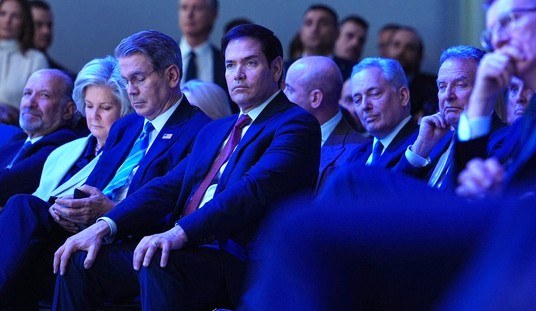A debate is raging over the future of right wing politics. What began last year as a tussle between Sohrab Ahmari and David French has now broken out into a fierce battle spanning many different areas, from the theoretical underpinnings of our nation and modern day conservatism to particular questions of porn regulation and industrial policy. And last Thursday, this debate finally reached CPAC, with a pair of expert panels on pro-family and Big Tech policy dividing along these lines.
Despite the wide range of issues discussed during the event, similar arguments emerged throughout. For the classical liberal participants, their case rested on the idea that present-day America is a much better place than ever before thanks to liberty. At the pro-family panel, National Review senior writer David Harsanyi argued, contra conservative conventional wisdom, that families are doing much better now than they were decades ago. And at the tech panel, Americans for Tax Reform’s Chris Butler asserted that recent advances by Big Tech have given Americans, and particularly conservatives, greater ability to reach people than they’ve ever had. For both, the message seemed to be: even if there are problems now, government intervention will only make them worse.
However, for those panelists on the other side, now coming to be known as "common good conservatism," the outlook on our present situation was much less rosy. Regarding the family, author Mary Eberstadt and the American Principles Project’s Terry Schilling argued that lower marriage and birth rates as well as widespread porn usage and economic obstacles point to the American family being in crisis. And on tech, Media Research Center’s Dan Gainor contended that since 2016, it is impossible to ignore the increasing hostility toward conservative views taken by Big Tech. While they all acknowledged that liberty has offered Americans many benefits, they also suggested that, without a government check on certain social trends, liberty can and will devolve into disorder.
Recommended
While these debates, like those before them, did not resolve which direction conservatism will ultimately go, the reality is this question is already being decided on the ground. Whether classical liberals recognize it or not, the conservative movement is at an inflection point. The rise of Donald Trump on the Right (and Bernie Sanders on the Left) has shown definitively that Americans are fed up with the status quo. Whatever blessings extreme liberty has brought us, many are not feeling better off as a result.
Moreover, the current trends in American society — namely the decay of the family — threaten the future existence of conservatism itself. As APP's 2019 "Family First" report recently showed, those who come from intact families and form families of their own are far more likely to be conservative than those who don't. But as the family breaks down, along with the basic social supports it provides, the socialist politics of the progressive left are likely to gain increasing traction, exacerbating these trends in a vicious cycle.
To improve our present and preserve our future, there is only one direction conservatives can take: we must put the family at the front and center of our movement. And to combat the social trends which are now working against the family — economic disincentives to marriage and childrearing, widespread pornography availability and usage (especially among children), looming threats to parental rights, etc. — we must not be afraid to use the reasonable government means available to us. Although classical liberals are certainly right to argue that the state bears some responsibility for our current crises, this does not mean it can play no constructive role in remedying them.
This is not to say the task that lies before us as conservatives is easy or obvious. There is still plenty of room for continued debate over which actions will be most effective in rebuilding the American family, and it is important we engage in these debates in the weeks and months ahead. However, we must also finally dispense with the idea that American society is in no great trouble and that a shift in our approach to public policy can only make things worse. Otherwise, we may find that when the crisis becomes too great to ignore, it will be too late to act.
Frank Cannon (@FrankCannonAPP) is the president of American Principles Project, a conservative nonprofit dedicated to putting human dignity at the heart of public policy.

























Join the conversation as a VIP Member